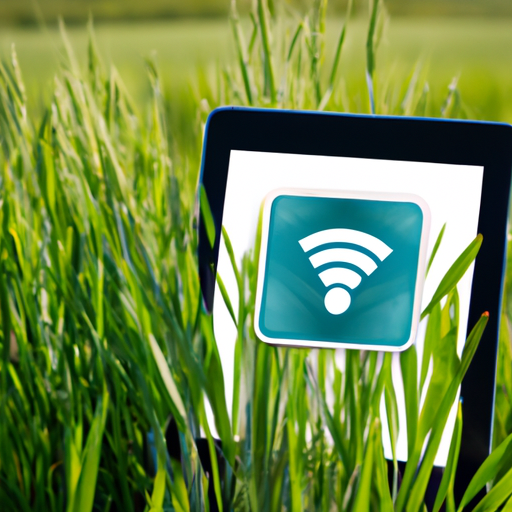In recent years, smart agriculture has emerged as a transformative force in the farming industry, leveraging the power of technology to optimize resources and maximize yields. This innovative approach integrates precision farming techniques with modern technologies like the Internet of Things (IoT), big data analytics, and artificial intelligence (AI) to create a sustainable agricultural ecosystem.
What is Smart Agriculture?
Smart agriculture refers to advanced farming practices enhanced by technological innovations. It encompasses a variety of methods aimed at improving the efficiency of agricultural production while reducing environmental impact. From using drones for crop monitoring to employing sensors for soil health assessment, smart agriculture enables farmers to make data-driven decisions.
Key Benefits of Smart Agriculture
- Increased Efficiency: By utilizing IoT in agriculture, farmers can monitor crop conditions in real-time, significantly enhancing their operational efficiency.
- Resource Management: Smart farming techniques allow for precise water usage, fertilizer application, and pest management, promoting sustainable agricultural practices.
- Enhanced Productivity: With the application of big data and analytics, farmers can predict crop yields more accurately, enabling better planning and resource allocation.
- Cost Savings: Automating various farming processes reduces labor costs while minimizing waste and unnecessary expenditure on resources.
The Role of Technology in Smart Agriculture
Technological advancements are at the heart of AgTech. Tools like GPS-guided tractors, robotic harvesters, and smart irrigation systems are becoming commonplace in modern farming. Additionally, farmers are increasingly adopting mobile applications that provide real-time weather data, market prices, and logistics support to make informed decisions.
Challenges in Implementation
Despite the many advantages, the transition to smart agriculture is not without its challenges. Issues like high initial investment, lack of technical knowledge, and digital divide in rural areas slow down widespread adoption. However, with ongoing investments and growing awareness, these barriers are gradually diminishing.
The Future of Farming
As we look to the future, the potential of smart agriculture in addressing global food security challenges is immense. By harnessing technology to promote sustainable practices, the agricultural sector can produce more food with less impact on the planet. The integration of smart agriculture principles will likely define the next era of farming, making it a crucial component of global sustainability efforts.
In conclusion, as smart agriculture continues to evolve, it holds the promise of a greener, more efficient future for food production, benefiting farmers and consumers alike.




